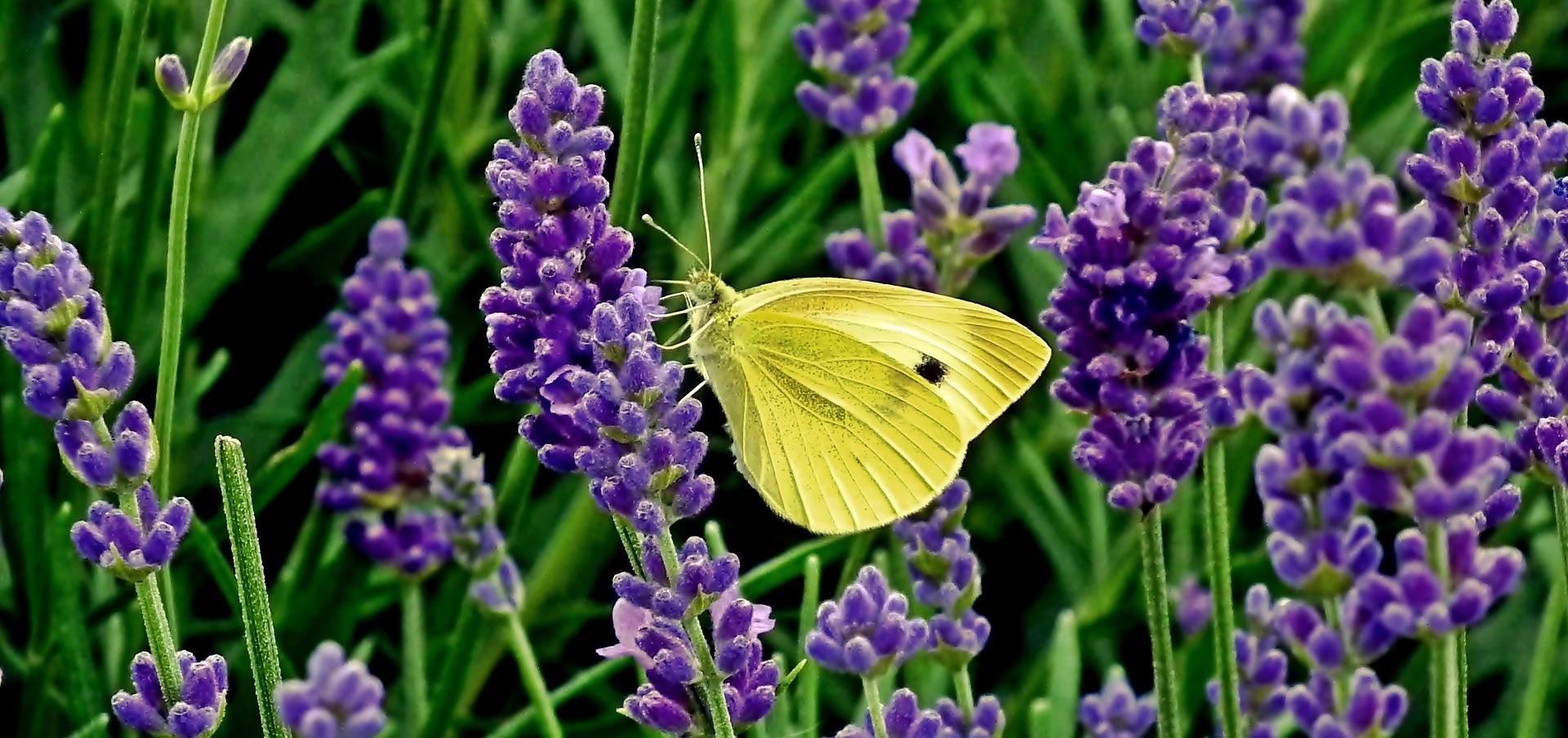Lavender - The Most Popular Essential Oil
Aromatherapists say that lavender is the best essential oil of all
2/4/2023

Lavender helps physical and emotional conditions and when properly diluted, lavender oil is one of the safest essential oils to be found. Known also by its scientific name Lavandula Angustifolia, it is an essential oil derived from the lavender flower. Lavender is a flowering plant from the mint family and as with all the share the same stems, which are uniquely squared shaped.
Lavender is primarily know for its scent and beautiful blue-ish purple flowers. Although it’s now grown globally, lavender was first cultivated from wildflowers in the Mediterranean beginning some 2,500 years ago. Most would describe lavender’s aroma as floral, fresh, sweet, herbaceous and sometimes slightly fruity. Inhaling lavender elicits feelings of calmness and is both physically and emotionally soothing.
Lavender essential oil is versatile and often thought of as a full medicine chest unto itself. It has many different uses and can also be combined with other essential oils depending on the desired effect.
Topical Application: When diluted with a carrier oil, lavender oil has a calming effect on the skin, is helpful with bug bites, helps to balance skin tone, and can be used to heal light wounds. The mixture can be used just as you would a lotion or moisturize, once or twice daily. For hair health, one should mix a couple of drops of lavender and castor oil and massage them into the scalp as a calming end to the day and/or add two or three drops to each dollop of shampoo or conditioner.
Diffused Into The Air: If one is looking to ease symptoms of anxiety, support congestion, and help oneself relax or sleep, one my want to diffuse the lavender oil. To do this, one needs a small device called a diffuser that will disperse small particles into the air for inhalation. Add water and a few drop of lavender essential oil and diffuse into the room.
Added To A Bath: A few drops of lavender oil can be added to a bath (Epsom salts are also wonderful add) when one wants a relaxing break.
Sprinkled Onto The Pillow: In an amber aromatherapy spritz bottle, add a few drops of lavender oil and a 50/50 grapeseed and water mixture. Shake before each use and spay onto the pillowcase or apply as a massage oil on the neck for a restful sleep.
Used In The Household: A few drops of lavender oil can be applied to a rag to dust surfaces in the home. One can also add a few drops to a reusable dryer ball to refresh the laundry or combine lavender oil and water into a spray bottle for a refreshing room spray (just be certain to shake before using).
Headache Relief: Massage some diluted lavender oil onto the back of the neck and or temples, above the upper lip, or diffuse in a room to reduce headache pain.
Wound Healing Support: Dilute a couple of drops of lavender oil with carrier oil and apply directly to minor wounds to speed the healing process.
Bug Repellent: Apply diluted lavender oil topically as a bug repellent. (Candles scented with lavender oil can also help repel mosquitos)
Insect Bites: Blend a couple of drops of lavender and tea tree oil with a teaspoon each of baking soda and water to lessen the irritation of bug bites. Apply the paste to the affected area.
Respiratory Health: Diffusing lavender oil when feeling congested or stuffed up or by applying a mixture of lavender, eucalyptus and grapeseed oil to the chest can help to breather easier when congested.
Beauty: Add a couple of drops of lavender to a moisturizer or carrier oil such as tamanu or coconut oil and apply it to your skin.
Dermatitis: Apply lavender oil and grapeseed oil blend to soothe flare-ups.
Disclaimer: The Information in this article is intended for educational and informational purposes only and should not be considered a substitute for qualified medical advice. It is imperative that you consult your physician prior to taking or using herbs or other nutritional supplements.
Credit: ArticlesFactory






